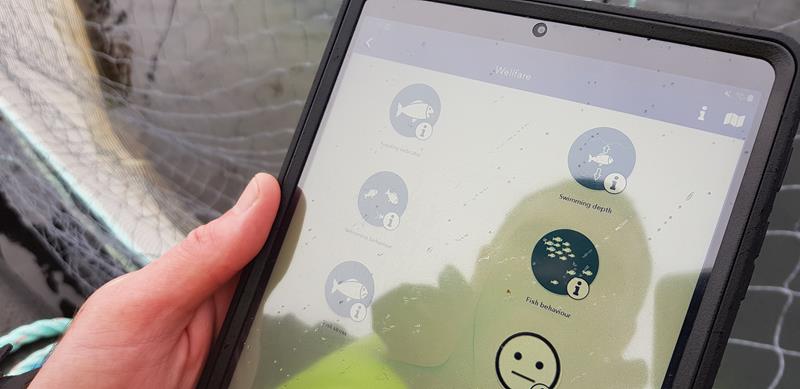
Galway, Ireland Sep 6, 2021 (Issuewire.com) - The sustainable future of aquaculture depends on making rational and optimal use of resources and space to coexist with other economic activities. This will be possible by integrating technologies for monitoring the welfare of stock and the environment and also by transforming traditional aquaculture practices into circular economy business models.
With these objectives in mind, the EU Horizon2002-funded project IMPAQT presents its platform to develop integrated multi-trophic aquaculture (IMTA) in Europe.
The IMPAQT platform is precision aquaculture at the service of ecosystems. Its application in the pilot project's sites (United Kingdom, Ireland, Turkey, The Netherlands, and China) has demonstrated the socio-economic and environmental benefits of simultaneous cultivation of different species according to IMTA principles, and also the opportunity to improve both the planning and the daily work on the farms.
The IMPAQT platform works at three levels: First, an advanced IMTA model offers information on how the different farm components interact, assisting regulators and producers in their configuration. Second, a combination of multiple data sources (sensors, satellite imagery, in situ observations) with communication tools designed to operate in harsh environments that provide real-time monitoring of stock and environmental conditions. And, finally, an Integrated Management System (IMS) that adds value to this data providing analytics and operational guidance.
The IMS is designed taking into account business and technical requirements from the pilot sites and the aquaculture sector. It offers information on stocks, seeding, harvesting, and precision feeding, as well as smart services such as water quality analytics, biomass forecasting, stock welfare, and seafood quality assessment. The developed IMS is user-friendly and can operate from any device with an internet connection.
The bioremediation power of IMTA
The project has also demonstrated that the combined cultivation of fish with other species such as algae, plants, oysters, lobster, and mussels, among others, is achievable in different scenarios, from inland and coastal to offshore aquaculture systems. And doing so makes an essential contribution to maintain healthy ecosystems.
For instance, the results of applying the IMTA system in the Lehanagh Pool pilot site in Ireland showed that Alaria esculenta seaweed contributed to removing the equivalent of 500 kg of carbon produced by salmon cultivation. Moreover, adding low trophic species (kelp, lobsters, and scallops) to the farm, helped reducing the waste from the fish.
Regarding the pilot installed in the Aegean Sea and managed by the company Camli, the IMTA system reduced 30% of the environmental impact of the farm site by using filter feeder species, such as mussels and sea lettuce.
The transition under the IMPAQT project from mono-culture to IMTA practices has improved aquaculture sites' spatial efficiency, providing additional biomass with commercial value. For example, Camli produced mussels and seaweed using the same space. The pilot site managed by the Scottish Association for Marine Science - SAMS was also successful in oyster farming and increased seaweed production to three different species, operating all year round and reducing the amount of non-recyclable material deployed.
Although the work of the IMPAQT project officially ended this August, the 21 partners will continue enhancing the IMPAQT platform for the benefit of the entire aquaculture sector in Europe. In order to bring the results in a dynamic and simple way to anyone interested in integrated aquaculture, the project offers a free online training course on IMTA accessible from the website. The following results will be presented in September at the 10th International Conference on Life Cycle Management and in October at Aquaculture Europe 2021.
To know more about the IMPAQT project:
User experience with the IMS:
The IMPAQT platform:
Website: https://impaqtproject.eu/
Twitter: @IMPAQTproject
Linkedin: IMPAQT project
Source :IMPAQT project
This article was originally published by IssueWire. Read the original article here.